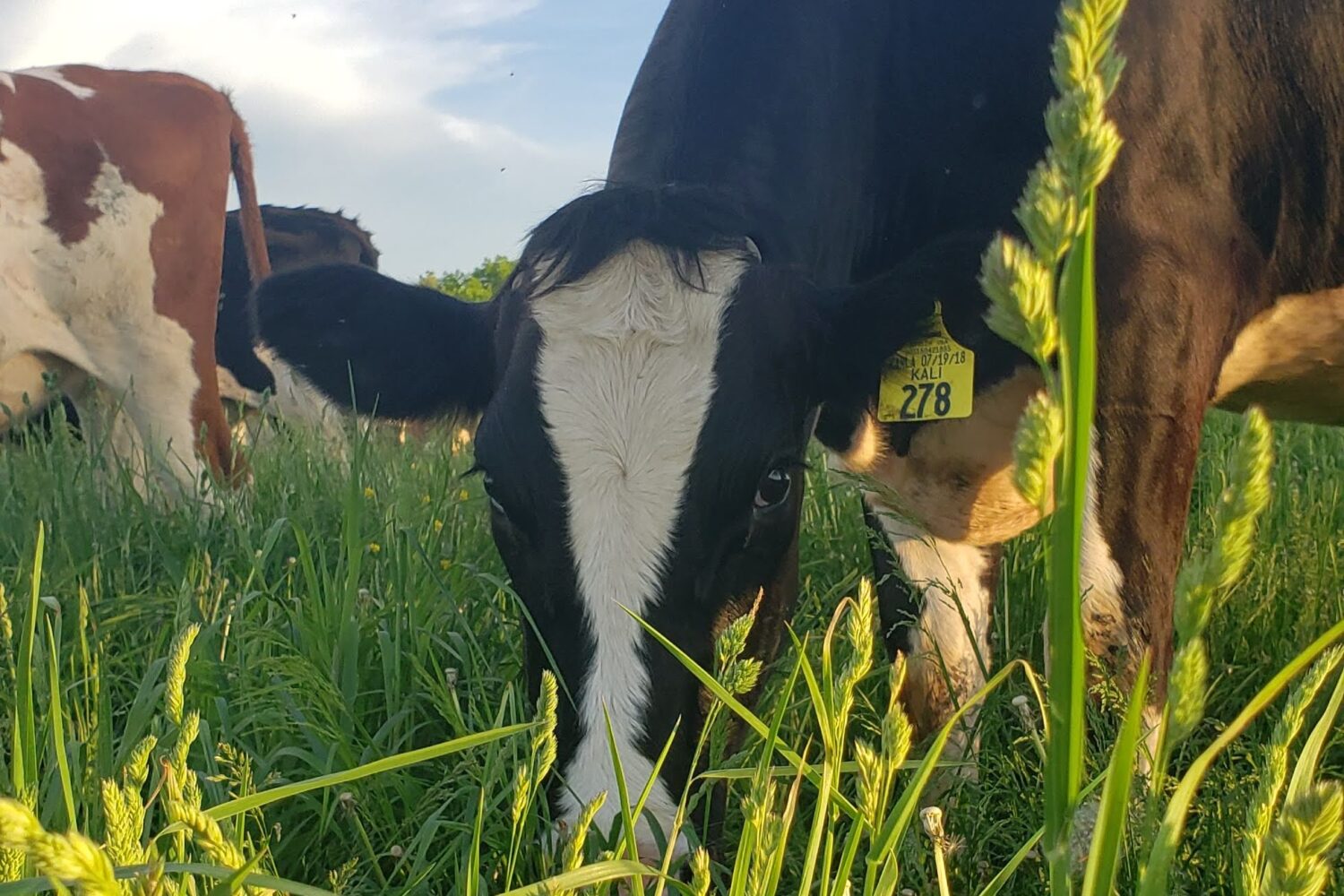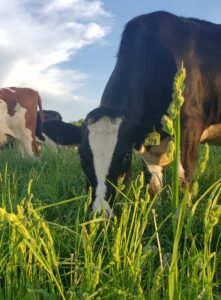5 reasons to buy farm fresh foods!
Do you know where your food comes from?
Would you like to know?
Most of the food we buy at the grocery store comes from far away. Where does it come from? How was it grown or raised? How was it harvested?
Food companies goal is to produce the food as cheaply and efficiently as possible. They want to sell at low cost to the masses and still make a profit. Because of that things like quality go out the window. There is no time or money to worry about sourcing the best local products, they just want the cheapest they can find.
Farm fresh foods are crafted carefully by farmers that care about the land and the quality of their products. When you buy from a farmer you can get exceptional food and the experience to go with it.
We as consumers can contribute to the problem.
We all want our food to be cheap, I’m guilty of that to. But what is the true cost of cheap food. Is it actually cost effective or is it costing us more in the end? What is this food doing to our health? Is it actually nourishing us?
We demand fresh produce from around the world at all times of the year, and it had better not be too expensive. We don’t think out what that means behind the scenes and how costly that is for us and the environment.
Historically many of the foods we eat where seasonal and local. If you lived in the north you didn’t have bananas and avocados. You also didn’t eat strawberries in the dead of winter. Fresh produce was for spring and summer and in the fall and winter seasons you ate the food you had preserved.
It is a privilege we have today that we can have so many things year round and they are so easily attainable, but we need to understand that this can only happen by artificial means.
Workers pick produce before it is ripe so it can withstand a week or two of shipping. Chemicals are sprayed on to artificially ripen it.
Food is shipped a long distance which means more preservatives need to be added to the food to make them last longer.
Animals are raised in ways that are not very humane simply because it is cheaper and more efficient.
Farm fresh foods have better nutrition.
Did you know that food is it’s most nutritious at peak ripeness? It’s really amazing how it works. When food tastes the best it does our bodies the most good!
This is why fresh produce tastes better. If you have ever had access to food from the garden you know that grocery store produce is a poor substitute.
A strawberry fresh from a warm sunny field will make your mouth explode with flavor while grocery store strawberries are still white inside and rather crunchy. They have been artificially ripened so they can withstand the shipping.
Farm fresh foods don’t need preservatives.
Food that is shipped needs some help so it doesn’t go bad.
Many foods are treated with preservatives to make them able to withstand shipping and sitting on the shelf.
There are natural preservatives that have been used since the beginning of time. Meat is preserved with salt or smoke. Vinegar is a common one. Think of all the pickled things. These methods do not harm your health but some of the more modern chemical preservatives are not great for your health especially if you are exposed to them a lot.
If you do choose to preserve your farm fresh food you have control over how it is done and what you add to your food.
Farm fresh foods are less processed
Processed food is easier to ship and has a long shelf life so a lot of food is processed before it is shipped. Milk is a good example of this. It needs to be pasteurized at high temperatures so it has a long shelf life. When you buy milk from a farmer you will use it right away so there is no need for it to sit on the shelf a long time. These means milk doesn’t need to be cooked to death and the nutrients can be saved.
Processed food is convenient but just remember that the convenience comes with lost nutrition.
Animals are treated more humanely on small farms.
This is a bit of a blanket statement. Of course animals can be mistreated on smaller farms; but as a general rule a smaller number of animals means more attention to each one and better care. The factory like settings in mass producing farms mean the animals are simply a number. Small farmers have names for all their animals and know when one is sick or not doing well.
Buy local and get to know your farmer and the animals. You don’t just get food, you get an experience to go with it. I think in the end you will appreciate your food more.
Buying local provides food security.
The covid pandemic showed us how quickly the food supply system can come crashing down. When foods are all coming from a few big producers, all it takes is for one of them to go down and food shortages happen. If you are buying food from the farmer down the road you will still have access to them even during difficult times.
It’s even better to grow your own food but that is just not possible for everyone.
What small steps can you make to be more connected to your food?
I buy some from the grocery store too but I’d like to make steps to not rely on it. If grocery stores would go out, would we have food to eat?
I think we can all make small steps to support our local farmers or grow our own food.
- Sometimes it can be hard to source local things. Farmers aren’t normally out there selling themselves. We tend to be a shy bunch of people. 🙂 If you want something locally but aren’t sure where to buy it don’t be afraid to ask. Even a farmer that doesn’t advertise that they sell anything would probably know who does sell it even if they don’t.
- Check if you have any local farmers markets. This would be a good place to get to know your local farmers.
- If you are interested in buying larger amounts of food to preserve yourself, ask the farmers if the sell bulk amounts. Sometimes farmers will have produce that’s not perfect enough to sell but is perfectly fine for freezing or canning.
- Learn what’s in season when. Produce is normally cheaper when it’s in season(especially toward the end of the season.)
- Start small and grow some of your own things. You can learn it slowly and it doesn’t take much room to grow a few thing.
- Try chickens. You can raise chickens in a fairly small area and they grown quickly.
Being connected to your food simply means knowing where it comes from and appreciating the work that goes into producing it.
How much of your food has a mystery source?

